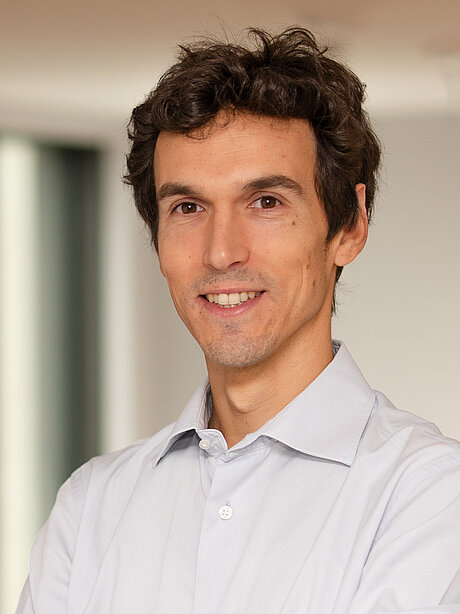On 18 July 2024, the European Parliament confirmed Ursula von der Leyen for a second five-year term as President of the European Commission. On this occasion, the German politician presented the main priorities of her future EU executive.
Unsurprisingly, competitiveness takes the lion's share, in line with the European Council's Strategic Agenda 2024-2029. This includes deepening the single market, a more ambitious common industrial policy, boosting research and innovation and unlocking the necessary investment. The second priority is defence and security, which includes the creation of a European Defence Union and initiatives against organised crime, but also initiatives to "make our borders more secure" and to address the "challenge of migration".
The third priority is social policy. At first glance, however, it seems rather weak, especially in comparison with the legislature that has just ended.
The EU's social achievements in 2019-2024 have been hailed as a "renaissance" of EU social policy or even a "paradigm shift". Indeed, the list of binding social and employment legislation adopted during this legislature is impressive. It includes, among others, the directives on minimum wages, on platform workers, on corporate due diligence and on pay transparency. On the other hand, a number of "soft law" initiatives have seen the light of day, such as the recommendation to strengthen social dialogue in the EU. Finally, EU funding for employment and social affairs projects has been boosted with the adoption of the €650 billion Recovery and Resilience Facility.
The forthcoming executive's social agenda may seem modest by comparison. On the one hand, there are numerous initiatives with catchy names but whose real impact is hard to measure at this stage. These include a roadmap for quality jobs and one for women's rights, a pact for European social dialogue, a new action plan on the implementation of the European Pillar of Social Rights and several strategies (against poverty, against racism, for gender equality, for LGBTIQ people).
On the other hand, von der Leyen announced only a few concrete initiatives. These include one on AI at work, one on the harmful effects of social media on the well-being of young people, one on mental health, including at work, and one on telework and the right to disconnect.
Finally, the most ambitious project in the social field seems to be the strategy to tackle the current housing crisis, with soaring rents and house prices and an investment gap in social housing. To address this, von der Leyen announced the creation of a dedicated commissioner and a European plan for affordable housing. This will include the creation of a platform to boost investment in affordable and sustainable housing and the revision of EU state aid rules to allow for housing support measures.
Even if the balance in the new European Parliament has not been upset by the recent elections, decisions in the EU are still mainly taken at Council level. And here the new political balances in the member states, with an increasingly pressing far right, are unlikely to allow the Commission to envisage anything more. The golden years of social Europe are probably behind us.



